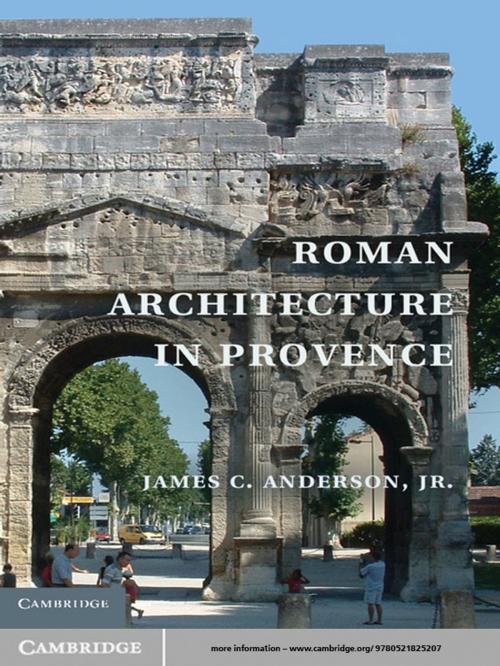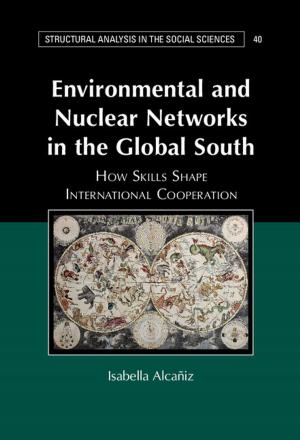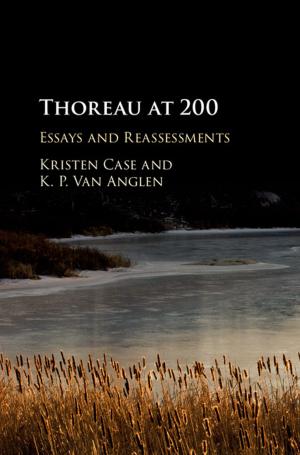| Author: | James C. Anderson, jr. | ISBN: | 9781139579223 |
| Publisher: | Cambridge University Press | Publication: | October 22, 2012 |
| Imprint: | Cambridge University Press | Language: | English |
| Author: | James C. Anderson, jr. |
| ISBN: | 9781139579223 |
| Publisher: | Cambridge University Press |
| Publication: | October 22, 2012 |
| Imprint: | Cambridge University Press |
| Language: | English |
This book provides a survey of the architecture and urbanism of Provence during the Roman era. Provence, or 'Gallia Narbonensis' as the Romans called it, was one of the earliest Roman colonies in Western Europe. In this book, James C. Anderson, jr. examines the layout and planning of towns in the region, both those founded by the Romans and those redeveloped from native settlements. He provides an in-depth study of the chronology, dating and remains of every type of Roman building for which there is evidence in Provence. The stamp of Roman civilization is apparent today in such cities as Orange, Nimes and Arles, where spectacular remains of bridges, theaters, fora and temples attest to the sophisticated civilization that existed in this area during the imperial period and late antiquity. This book focuses on the remains of buildings that can still be seen, exploring decorative elements and their influence from Rome and local traditions, as well as their functions within the urban environment.
This book provides a survey of the architecture and urbanism of Provence during the Roman era. Provence, or 'Gallia Narbonensis' as the Romans called it, was one of the earliest Roman colonies in Western Europe. In this book, James C. Anderson, jr. examines the layout and planning of towns in the region, both those founded by the Romans and those redeveloped from native settlements. He provides an in-depth study of the chronology, dating and remains of every type of Roman building for which there is evidence in Provence. The stamp of Roman civilization is apparent today in such cities as Orange, Nimes and Arles, where spectacular remains of bridges, theaters, fora and temples attest to the sophisticated civilization that existed in this area during the imperial period and late antiquity. This book focuses on the remains of buildings that can still be seen, exploring decorative elements and their influence from Rome and local traditions, as well as their functions within the urban environment.















